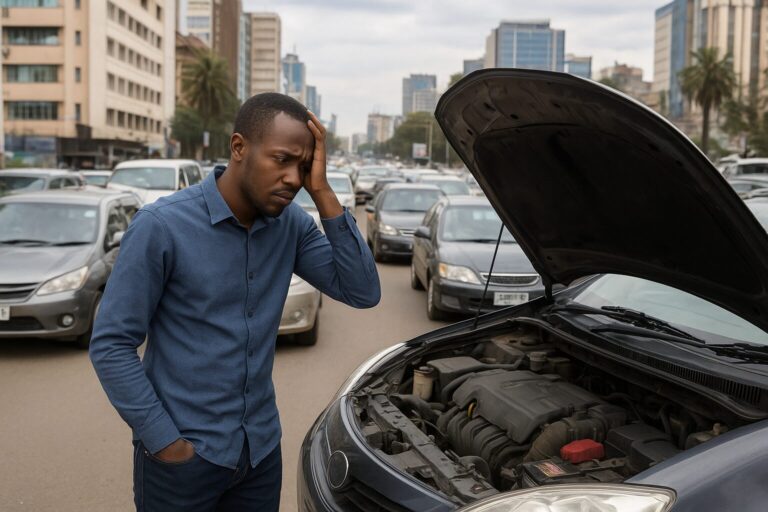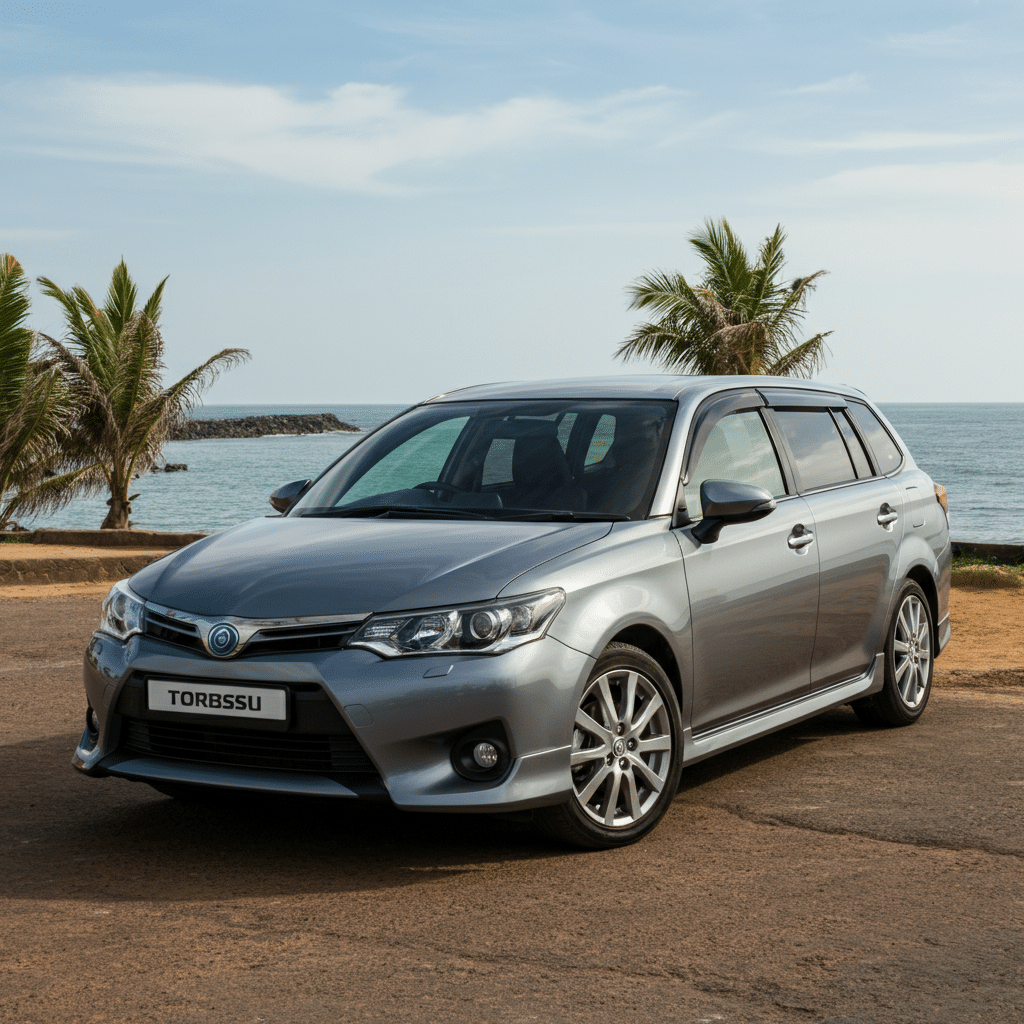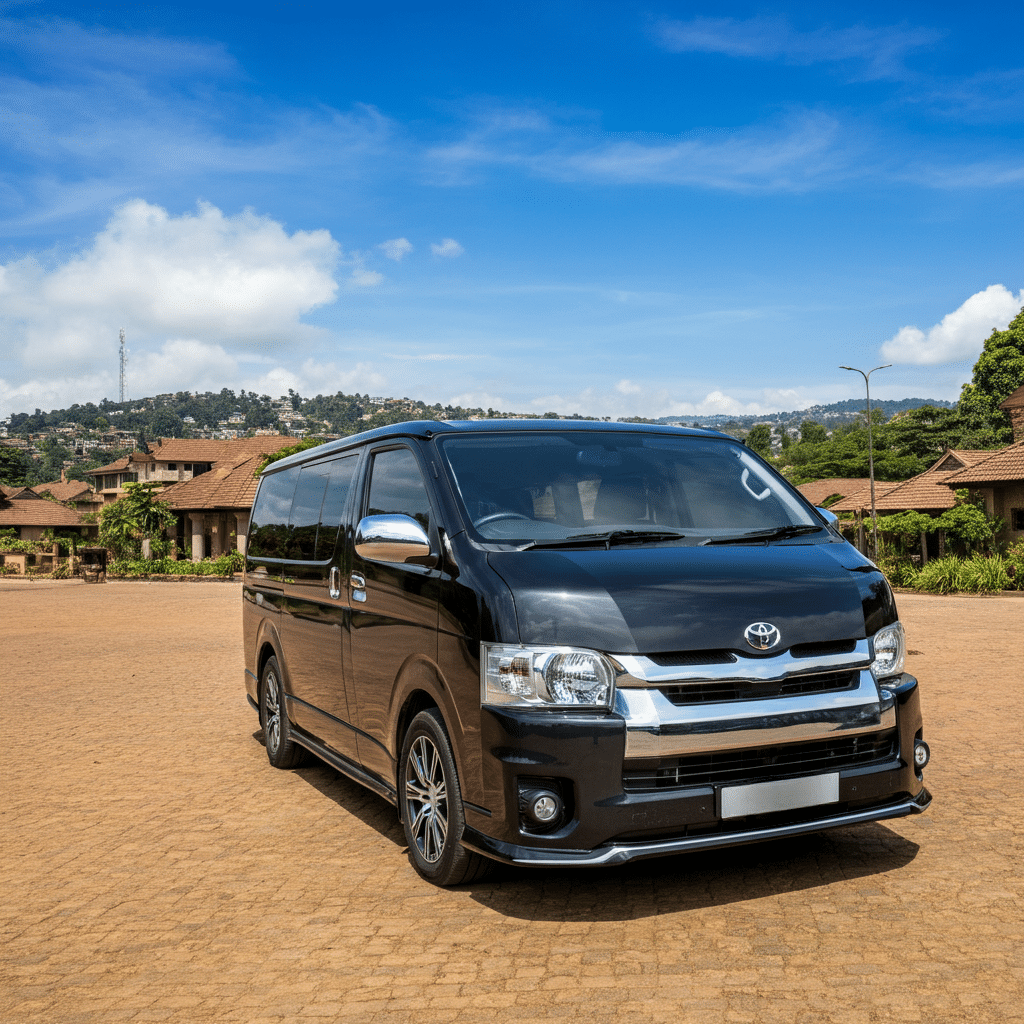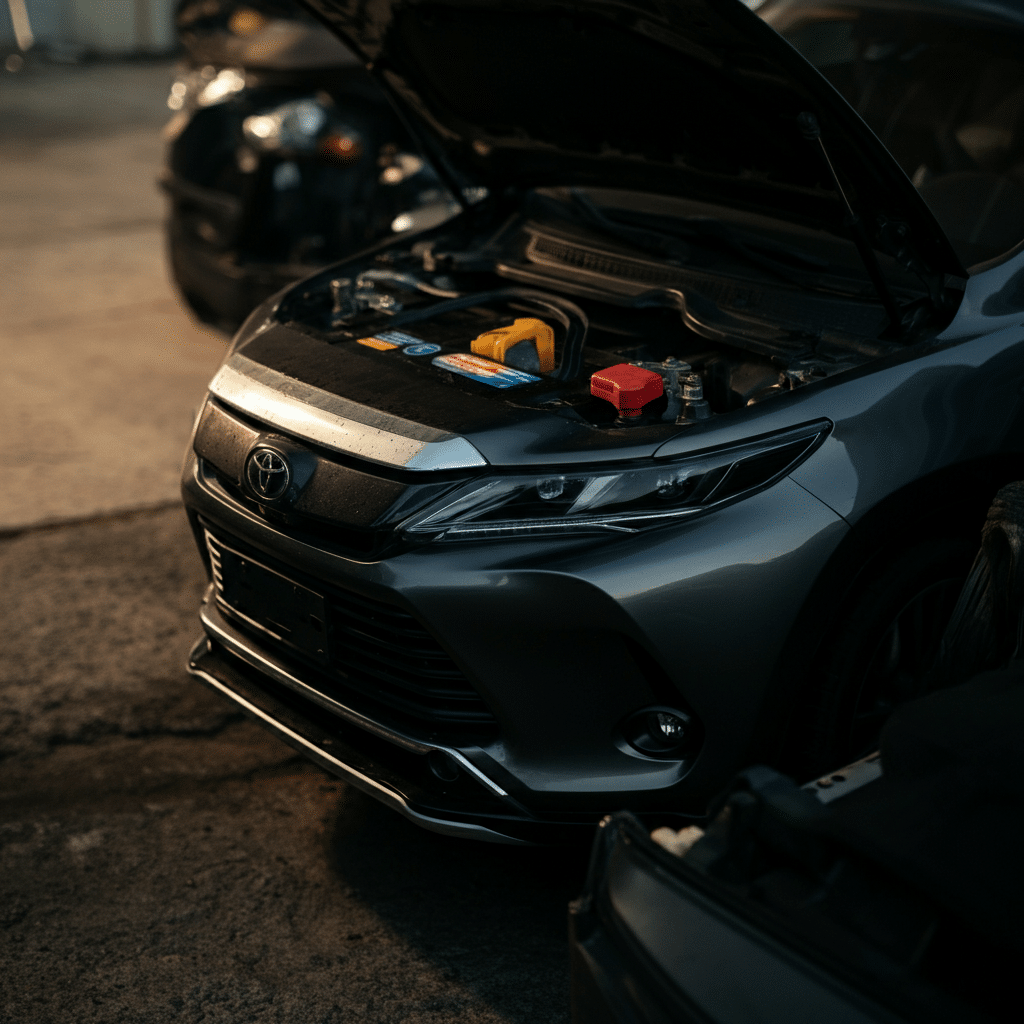Car batteries often give up when you least expect it, and one of the most common situations is during a traffic jam. Here are the main reasons:
1. Low Alternator Output at Idle
When your car is idling in heavy traffic, the alternator spins more slowly and produces less power. Meanwhile, your lights, AC, fans, and other electronics are still drawing energy. If the demand is greater than the supply, the battery steps in to cover the shortfall, gradually discharging itself.
2. Heavy Electrical Load
Traffic jams usually mean headlights, brake lights, wipers, and air conditioning are running all at once. This high electrical demand puts the battery under constant strain, especially if the alternator cannot keep up.
3. Heat Build-Up
With little airflow under the bonnet, heat builds up in traffic. Excessive heat accelerates electrolyte evaporation and speeds up internal wear on the battery plates, reducing battery life and increasing the chance of sudden failure.
4. Pre-Existing Battery Weakness
If your battery is old or sulphated, the stress of traffic only makes matters worse. Many drivers discover the problem when the car refuses to restart after switching off in a jam or at a petrol station.




